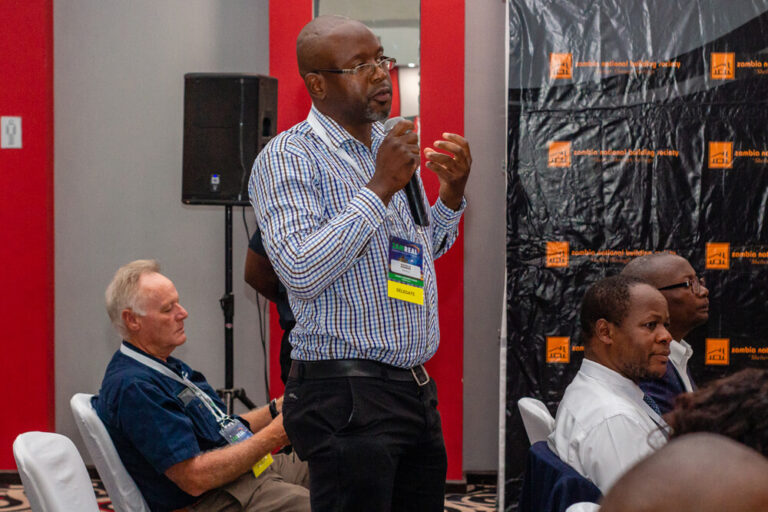ZAMREAL Property forum – key insights from Zambia’s leading real estate gathering
Kazhila Mambwe, a senior Project Manager for Profica in Zambia, attended the recent ZamReal Property Forum, themed ‘A New Horizon,’ on 6 April 2022. He shares his insights here.
It was great to attend ZAMREAL Property Forum and discuss key issues with colleagues in the built environment again, after a two-year hiatus due to the pandemic. The aptly coined theme ‘A New Horizon’ resonates with Zambia’s situation, with the country having experienced two critical events: Covid-19, and a change in government following the 2021 elections.
With the business community looking to how to best navigate recovery, it was topical to start with an overview of the macro economy globally, regionally, and locally by a Global Markets expert from the banking sector. Fundamentals such as dollar inflation and the impact of the Russia/Ukraine War on commodity prices will affect the local economy, though some level of resilience has been noted. Increasing copper production is seen as one of the means to prop up the dollar/kwacha exchange rate, which has direct bearing on rental income and real estate investment appetite.
The need for improved infrastructure and demand for volatile local currency leases is impacting investor/developers’ decisions who borrow in US dollars. The funding of projects remains a challenge with a prevailing high interest rate. Interest by banks to fund properties was low during Covid-19, instead banks leaned to Bonds and Treasury bills. Alternative funding methods such as REITs, pooling and crowd funding could be considered by property investors.
A number of sectoral trends were discussed, providing deeper insight into the state of real estate in Zambia.











A Real Estate Overview presentation by Pam Golding provided insight into the current rental levels for office and warehousing in Lusaka. While noting that an increase in enquiries for the occupation of such spaces has been observed, it is at relatively low rental levels. There remains high vacancy in office space, circa 116,000m2, which has to be taken up before new office space is needed. It was noted that increased cost of construction and current high vacancy is hindering new investment in office space. Appropriate student accommodation is noted to be an unserved subsector of the real estate space, with increased demand bolstered by increase international student numbers attending the local tertiary institutions.
The discussion looked at tailoring financing for property buyers to suit market trends. Challenges continue to be noted, with a low uptake of mortgages. The Zambia Minister of Infrastructure, Housing and Urban Development, Hon. Eng. Charles Milupi, urged consideration of rent-to-own housing schemes and interest in developing new districts that have been delineated. The Zambia housing deficit, currently at 1,500 units, is projected to increase to 3000 units by 2030.
The global push for sustainable development has not left out the real estate sector. Whole life-cycle costing is encouraged, to assist developers and occupiers understand the value in green-rated developments. Interest in green-rated building is increasing.
Hospitality
Recovery in this subsector has been attributed to increased regional and local travel, revenge travel and mineral energy resources. Business and individual travelers account for the bulk of travel. Occupancy rates and average daily rates (ADRs) have seen an increase. Strategies for expansion in the sector, such as repurposing old office buildings and assimilating of smaller hotels into bigger brands, are trending.
While Zambia has seen the exit of major regional players such Spar, there is fresh interest from new players from the northern hemisphere. Local retailers are also beginning to take on expansionary strategies by increasing number of outlets. There has been a boom in filling stations, particularly in and around Lusaka. The Energy Regulation Board has observed that the national demand for fuel has increased, hence the proliferation of filling stations.
AfricaWorks presentation on co-working spaces is a model for office/working space options that is gaining momentum. Advantages of this concept, such as a diversity of professionals in one space, networking and flexible workspaces are garnering attention.
As Profica, we look forward to continuing to navigate the challenges and maximise opportunities as we make our clients’ visions a reality in Zambia.






